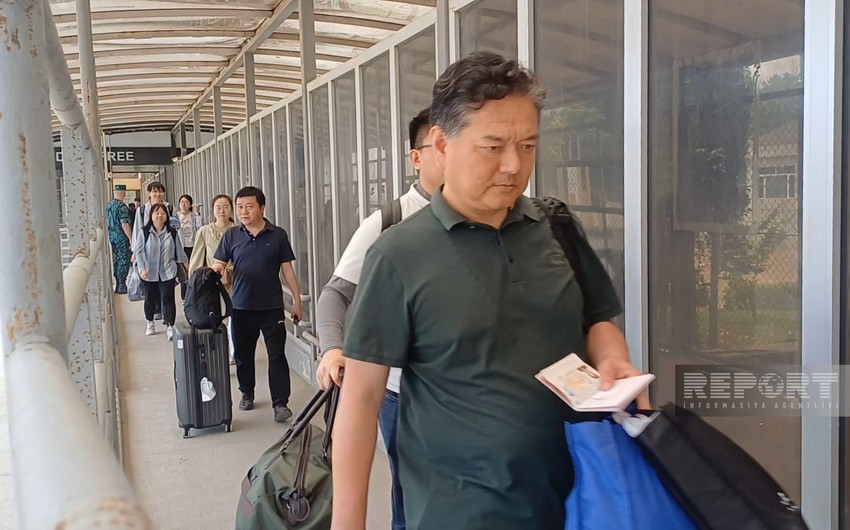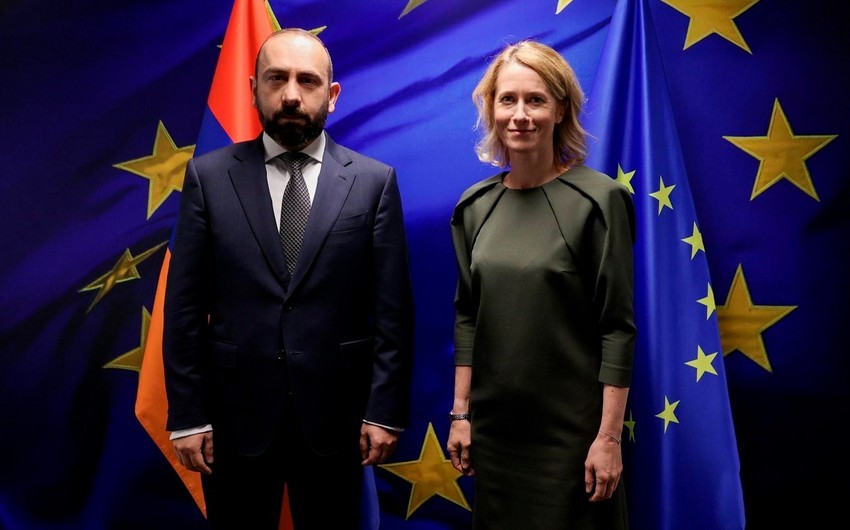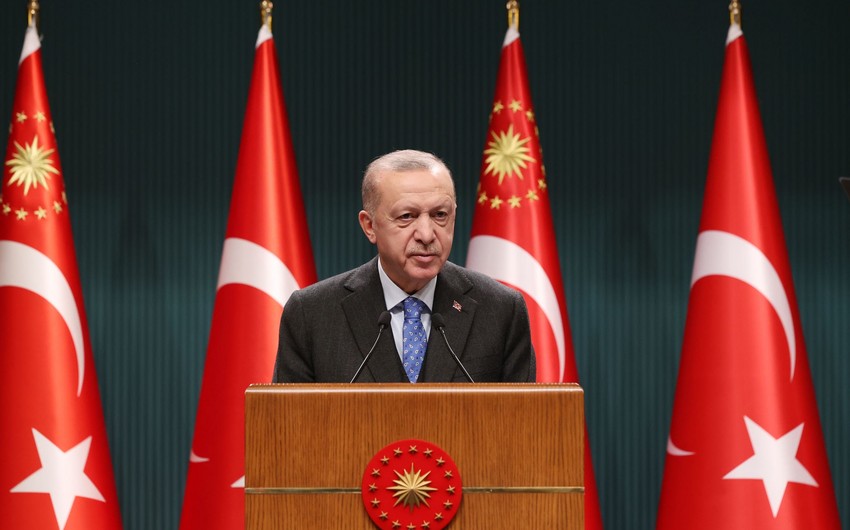France is braced for the start of three months of rolling rail strikes, the first in a series of walkouts affecting services from energy to refuse collection as Emmanuel Macron’s reform agenda comes up against resistance.
Staff at state rail operator SNCF will walk out from 7pm on Monday, kicking off a series of stoppages on two out of every five days, which unions warn will cause major disruption for France’s 4.5 million train passengers.
The main protests begin on what the press has dubbed “black Tuesday”, with only one high-speed TGV train out of eight likely to operate and one regional train out of five in the strike against a major overhaul of the debt-ridden SNCF.
Three out of four Eurostar trains to London and Brussels will run and the Thalys train to Belgium and the Netherlands will operate almost as normal, but there will be no service to Spain, Italy and Switzerland.
Rubbish collectors, some staff in the energy sector and Air France employees are also to strike on Tuesday in the biggest wave of industrial unrest since Macron’s election last May.
The rail strikes, set to last until 28 June, are being seen as the biggest challenge yet to the president’s sweeping plans to shake up France and make it more competitive, earning comparisons with Margaret Thatcher’s showdown with the British coal unions in 1984.
Unions say the centrist former investment banker intends to “destroy the public railways through pure ideological dogmatism”.
His changes “will fix neither the debt issue or that of dysfunction in the railway system”, they said in their strike announcement.
Air France, meanwhile, is set to operate 75% of flights on Tuesday as staff seeking a 6% pay rise stage their fourth strike in a month.
While not linked to Macron’s reforms, the Air France walkouts add to a febrile mood among unions. The government says the SNCF needs deep reforms as EU countries prepare to open up passenger rail services to competition by 2020, arguing it is 30% more expensive to run a train in France than elsewhere.
Unions fear the changes are a first step towards privatising the SNCF – a claim the government denies – and object to plans to strip new hires of a special rail workers’ status guaranteeing jobs for life and early retirement.
As with his reforms loosening France’s rigid labour code, Macron plans to push through the SNCF overhaul by executive order to avoid lengthy parliamentary debate, a move his critics have blasted as undemocratic.










